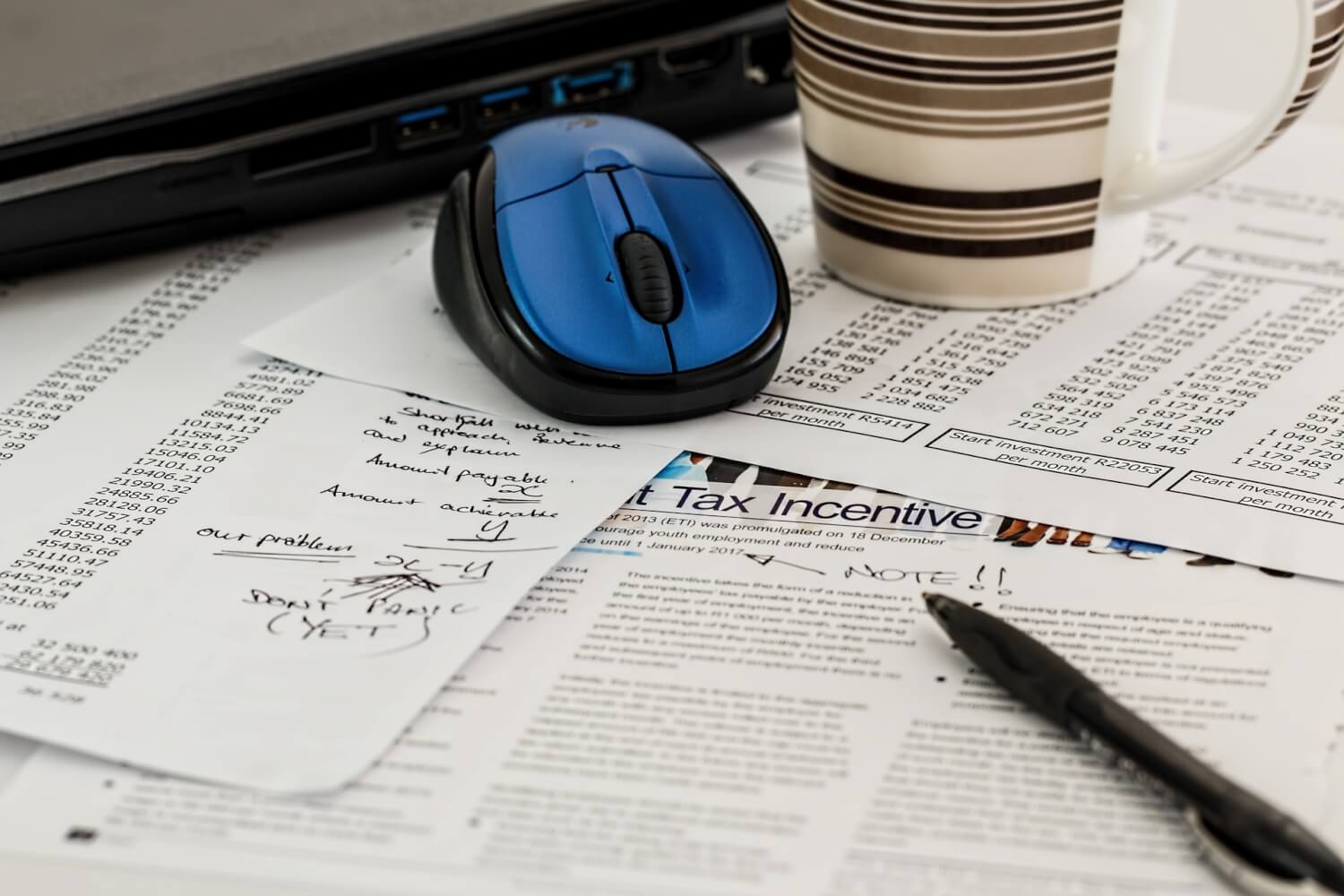Value-added Tax (VAT) and sales tax are both consumption taxes assessed on the consumer at point of sale. The difference between VAT and sales tax is what gets taxed: sales tax is assessed on tangible personal property (products, materials, and goods) whereas VAT is assessed on both goods and services. Value-added tax is more common in foreign countries than the USA, so businesses making international sales must pay particular attention to VAT requirements.
VAT vs sales tax can be especially confusing for international businesses. Sales tax is extremely common amongst the USA, whereas VAT is more common in foreign countries. All companies should consider VAT vs sales tax when reviewing their tax planning strategy.
Who implements a VAT or sales tax?
The businesses providing goods and services are responsible for assessing, collecting, and remitting VAT and sales tax to government agencies. Even though the business is not technically paying the tax, they bear a responsibility and liability for collecting and remitting. Failure to collect and remit VAT or sales tax is punishable by financial penalties and interest.
Does my business need to collect VAT or sales tax?
Your business’ requirement to implement VAT or sales tax depends on its nexus. Nexus can be determined by physical presence (having a brick and mortar location), employees, or significant sales within the state, municipality, or country assessing VAT. Each taxing body has different requirements, so best practice is to work with a value-added tax compliance accountant.
Although exceptions do exist, here’s a general guide for businesses to understand their VAT or sales tax exposure.
| Products | Services | |
| USA only | Sales Tax | None |
| International | Sales Tax & VAT | VAT |
How do I minimize VAT expense?
One key tax planning strategy is tracking and deducting VAT expense on eligible business expenses. Just like sales tax, VAT is intended to be assessed at the final point of consumption (the retail customer.) Your business’ expenses should theoretically not be assessed VAT, so any VAT paid on business expenses is deductible. tracking and reporting VAT paid on eligible purchases. Tracking and reporting VAT paid should be part of your bookkeeping cleanup and accounting process improvement.
How do I become VAT compliant?
To bring your business in compliance with VAT or sales tax:
- Hire a VAT and sales tax compliance accountant.
- Perform a nexus study across your customers.
- Register with taxing bodies where you have nexus.
- Update your invoicing process to include VAT or sales tax.
- File and remit taxes based on your frequency of VAT or sales tax reporting requirements.
As tax enforcement has increased over the past 10 years, more and more small businesses are realizing their sales tax and VAT liability. Join the thousands of companies bringing their business into compliance and contact us for a free sales and VAT tax consultation.




